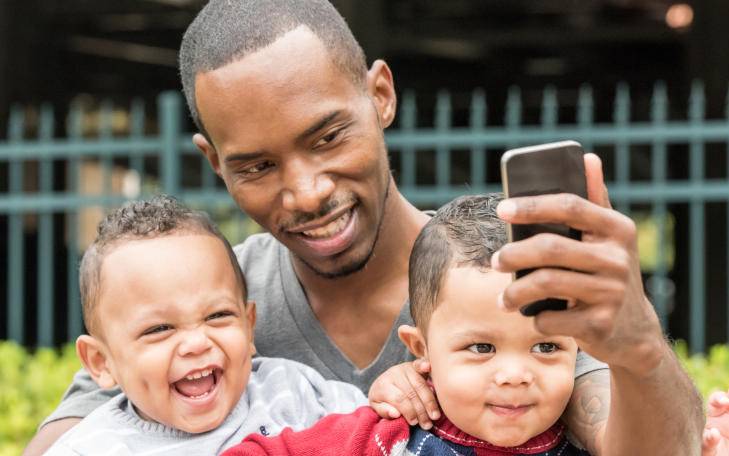×
The Standard e-Paper
Kenya’s Boldest Voice

We all like to think that our children are well behaved. But behind our backs, they can be little monsters. They know all the bad words, mistreat one another, and get up to all manner of mischief!
Especially online